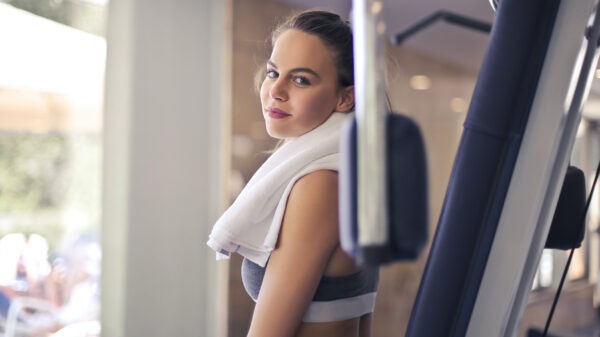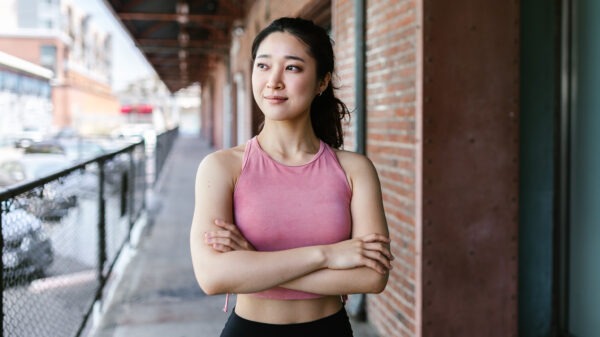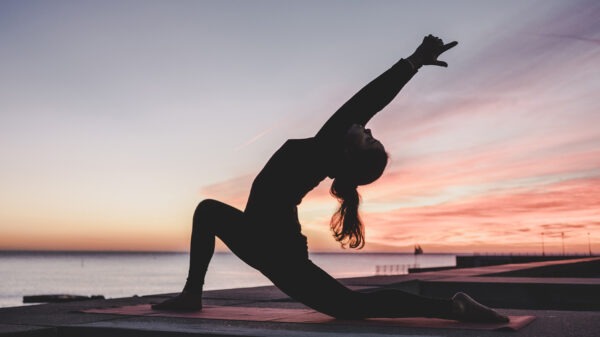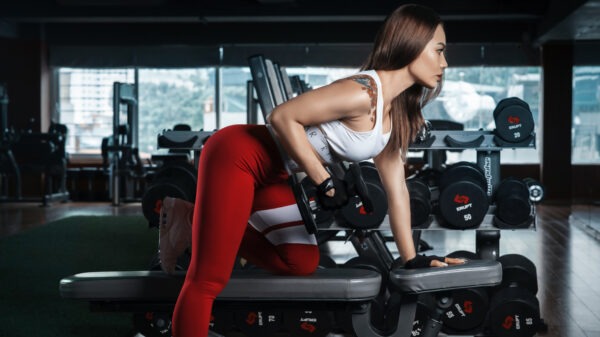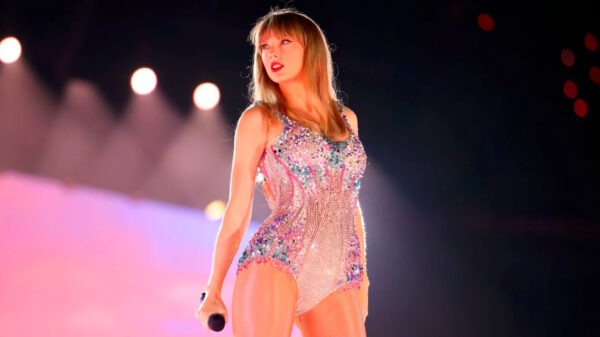Everyone knows that exercise improves our health and helps increase our body’s strength and muscle mass. But did you know that exercise slows down the aging process?
The good news is that you can benefit from exercise’s anti-aging properties without signing up for a marathon or joining a gym. As long as it is done frequently, even little physical activity, such as walking the dog or choosing the stairs over the elevator, positively affects the body and mind. Here are five anti-aging effects of exercise.
It Increases Muscular Strength
As people grow older, they are susceptible to Sarcopenia, a condition in which they lose muscle mass and strength as they age. According to scientists, resistance exercise is one of the best strategies to slow that decrease.
It keeps your muscles strong, which you’ll require to open jars and push heavy doors, and it also makes daily tasks like cooking, cleaning, and ascending stairs easier. Additionally, it may lessen your vulnerability to illness, enhance your mood and cognitive health, and allow you to remain independent for longer.
Research from the University of Alabama shows that resistance training is safe and beneficial for older persons, with exceptionally low injury rates consistent across all age groups and potencies.

Enhanced Brain Activity
The potential for developing diseases like dementia or Alzheimer’s is among the scariest repercussions of aging. The prospect of forgetting everyone we know and even our identities is terrifying. Fortunately, through regular exercise and mild cognitive impairment treatment options, it might be possible to control the degradation of our brains.
Regular exercise has been scientifically shown to enhance our brain’s executive, memory, and psychomotor skills. Staying active will go a long way to maintaining your mental health and reducing the likelihood of dementia because a decline in certain brain functions is connected to dementia.
Even in your mid-20s, regular exercise can improve your mental health. According to a study conducted in the United States, those who frequently exercised had superior executive function control, much better memory performance and a robust psychomotor link between their ideas and motions.
It Makes The Skin Younger
Exercise keeps skin cells healthy and active by boosting blood flow, delivering more oxygen, and removing waste.
In one study, experts instructed sedentary volunteers to exercise for 30 to 45 minutes twice weekly at a heart rate of 65 percent of their maximum. After twelve weeks, tests on the participant’s unexposed skin, which had displayed typical aging signs before the trial began, mimicked those of 30-40-year-olds.
How does exercise make the skin younger? It helps nourish skin cells and maintain their health and vitality by supplying more oxygen and transporting waste away, which increases blood flow. Also, when you sweat during exercise, your pores open and excrete any buildup. Sweating removes toxins that would otherwise block pores and result in blemishes.
Enhances Posture
Your ability to maintain a good posture tends to deteriorate as you get older because of muscle loss and changes in bone density.

